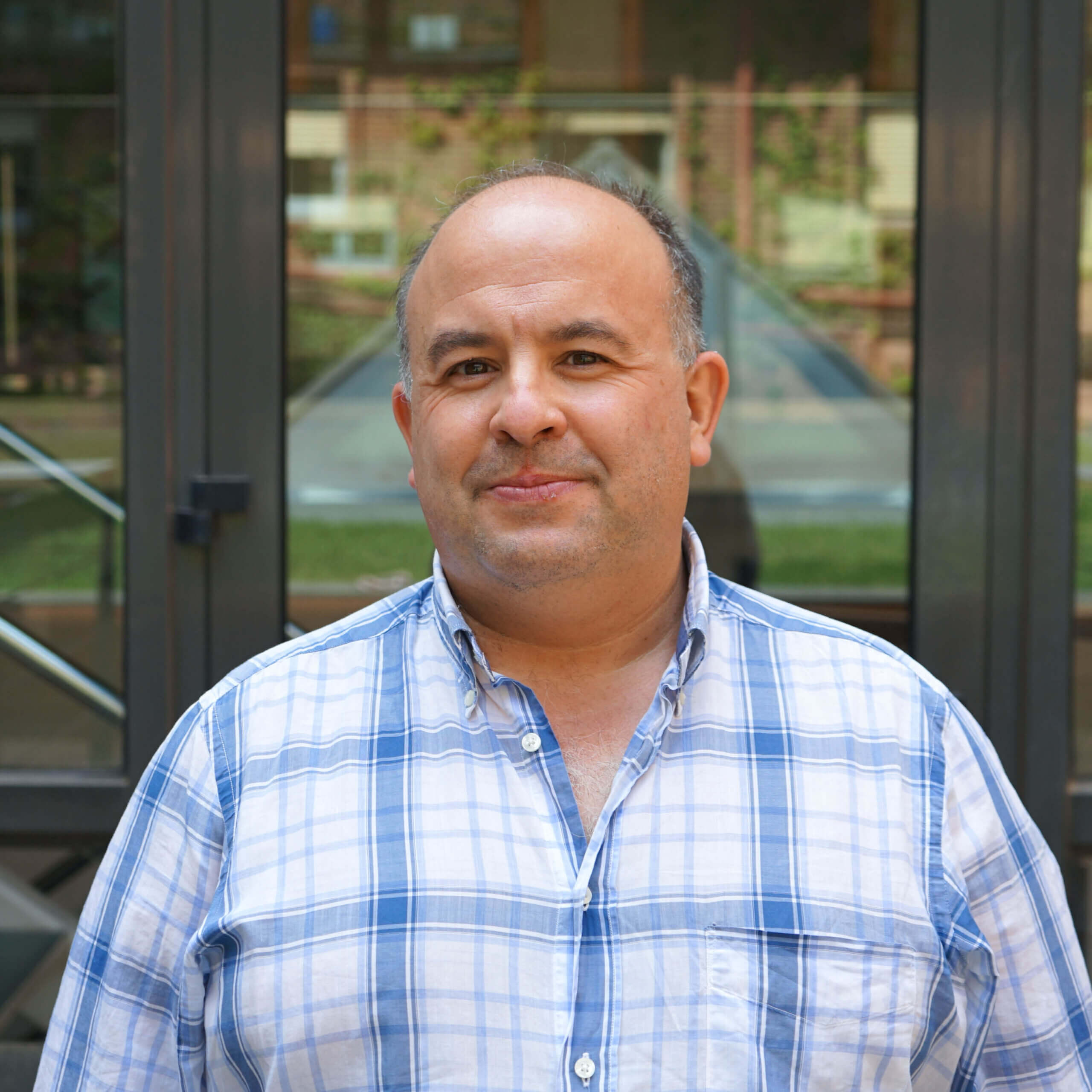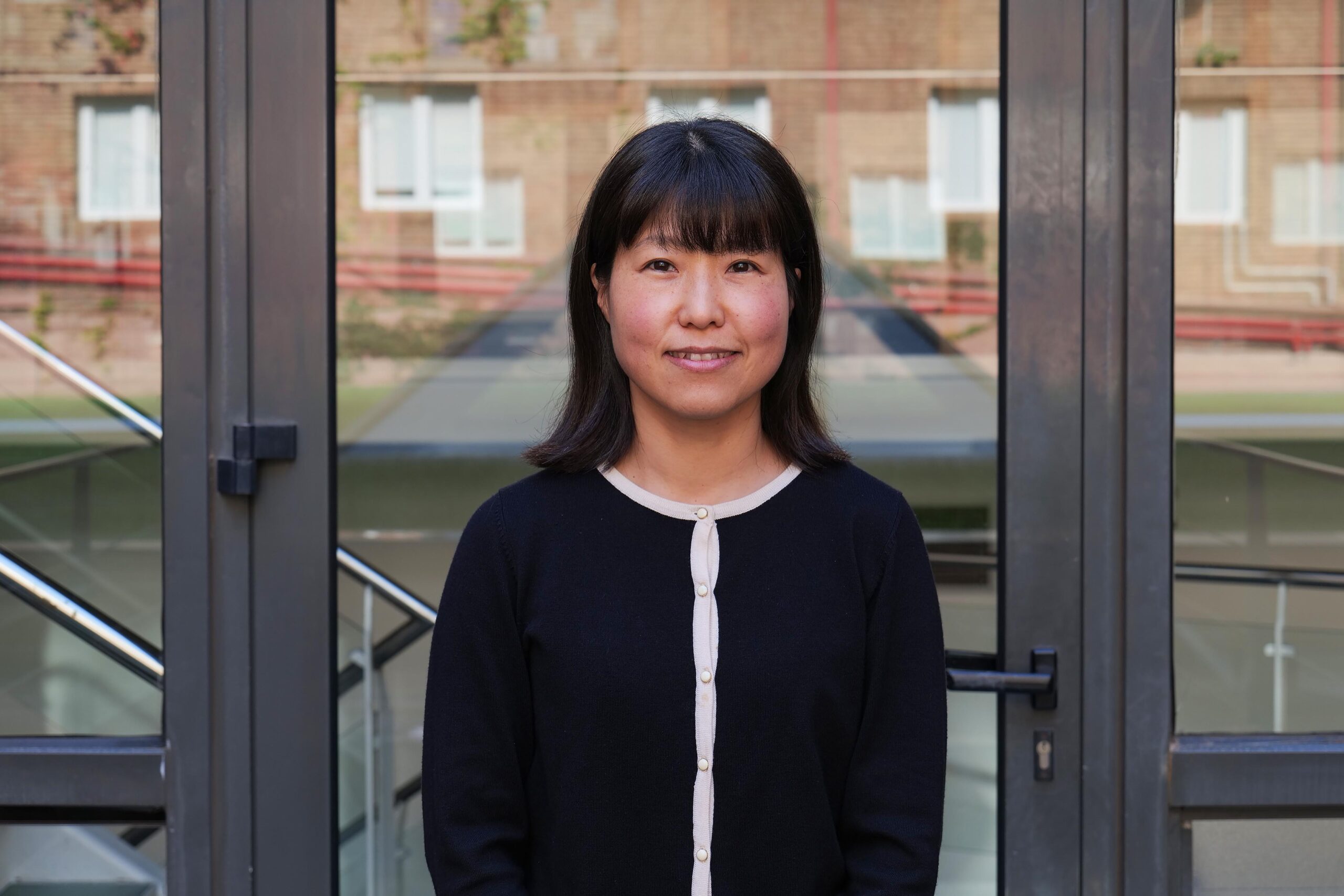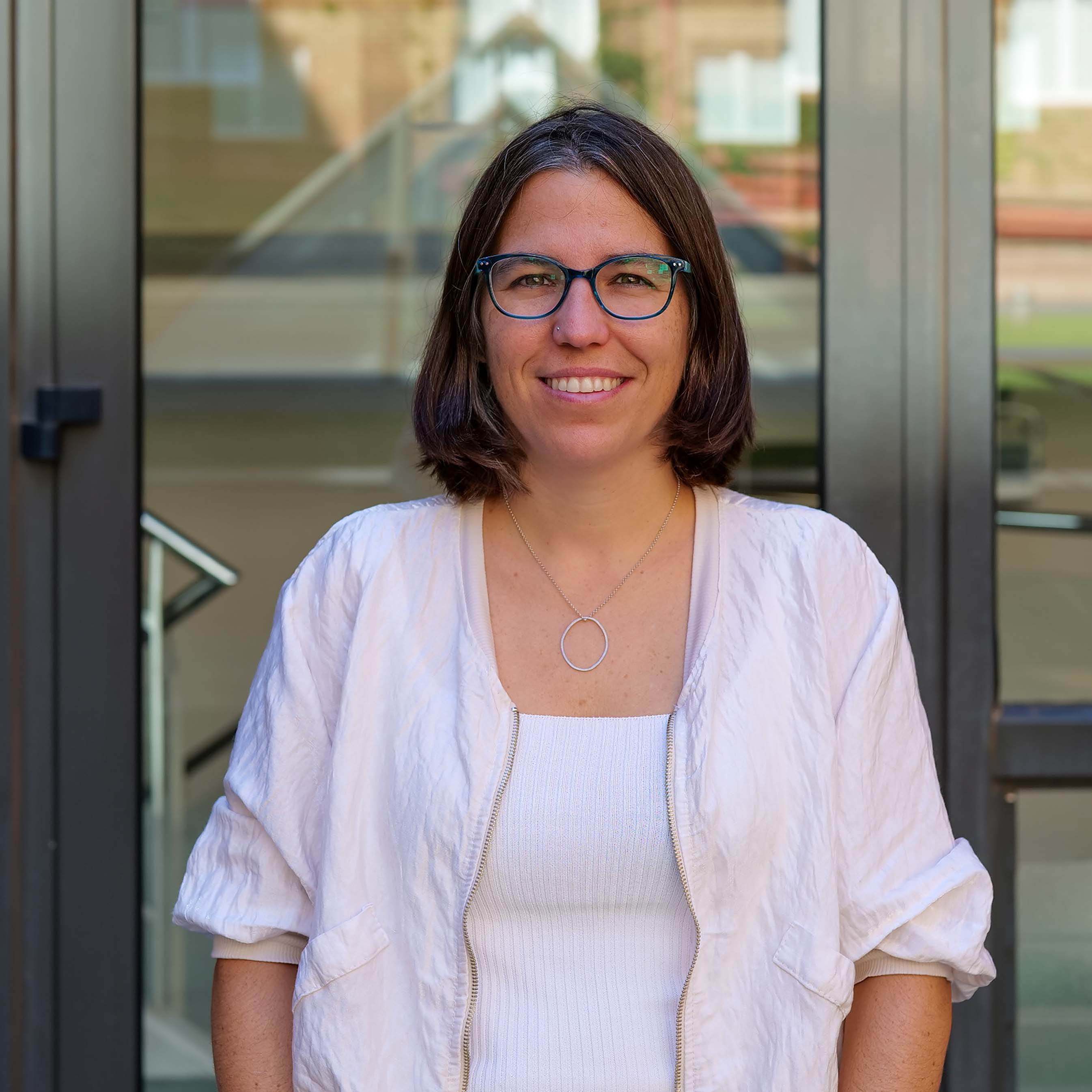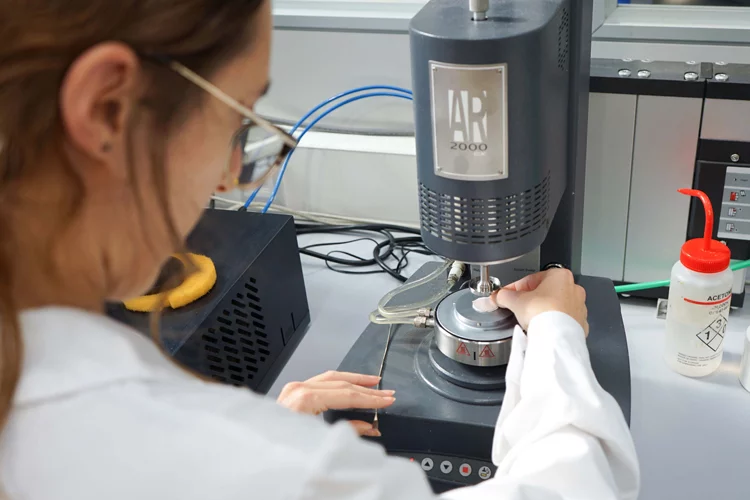
IQS Tech Transfer
IQS TECH TRANSFER is the division of IQS that manages RDI and technology transfer activities, providing solutions to business needs. Based on scientific and technical knowledge, and using the most advanced techniques, IQS Tech Transfer promotes technological change through research, technological development and industrial innovation.
We have multidisciplinary research groups formed by professors, researchers and highly qualified technical staff. We have facilities, laboratories and scientific equipment specialised in various technological fields. All this allows us to work in different quality environments, offering analysis services, consultancy and research projects.
IQS fully adheres to the declaration of commitment to the principles of the “European Charter for Researchers” and the “Code of Conduct for the Recruitment of Researchers” promoted by the European Commission. The evaluators have greeted with satisfaction the meticulousness with which IQS has aligned its human resources practices with the principles of the Charter and the Code. After the comprehensive analysis of the action plan presented, IQS meets all the requirements for the use of the “HR Excellence in Research” seal.
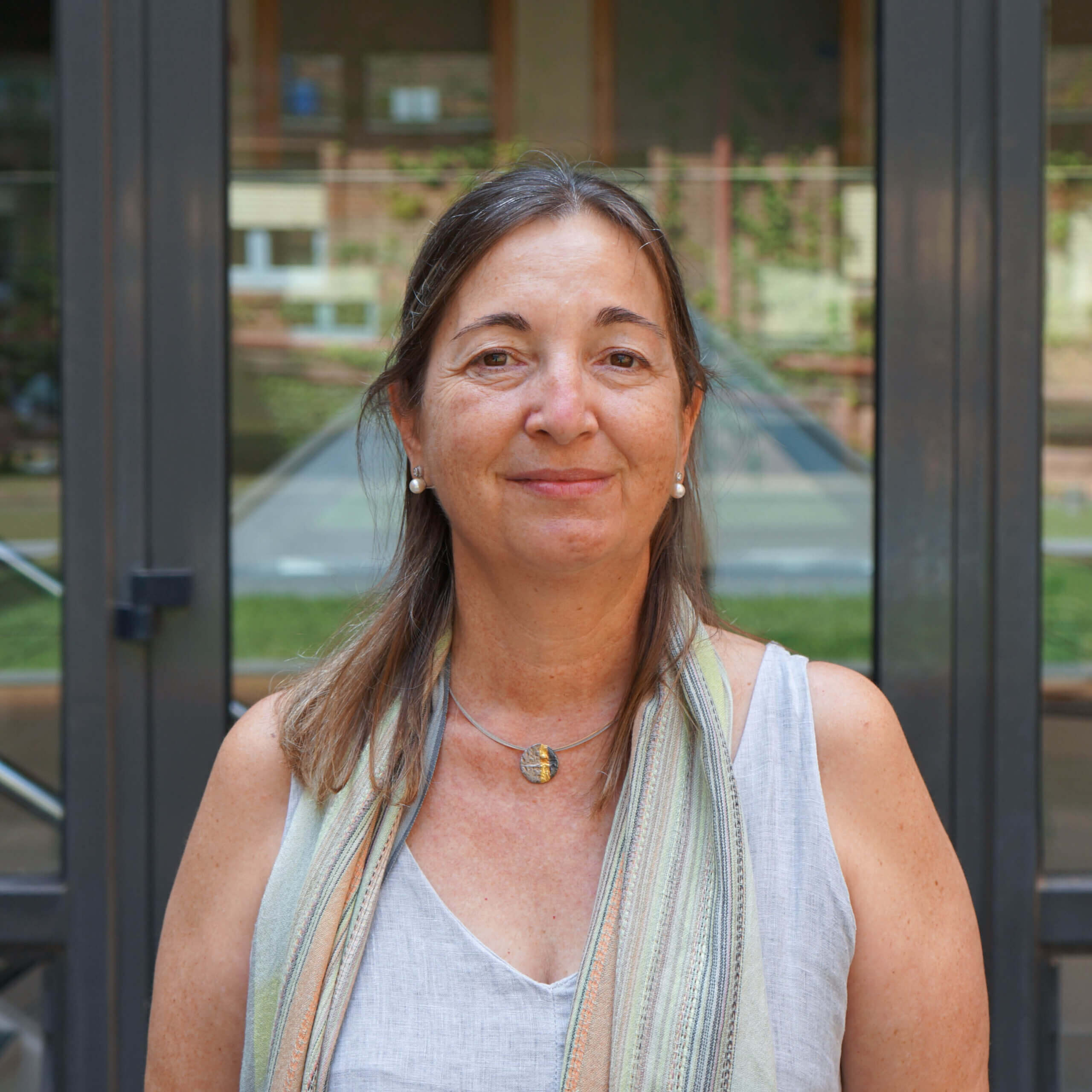
Núria Vallmitjana Palau, PhD
Director of IQS Tech Transfer
Technical and Business Development Office
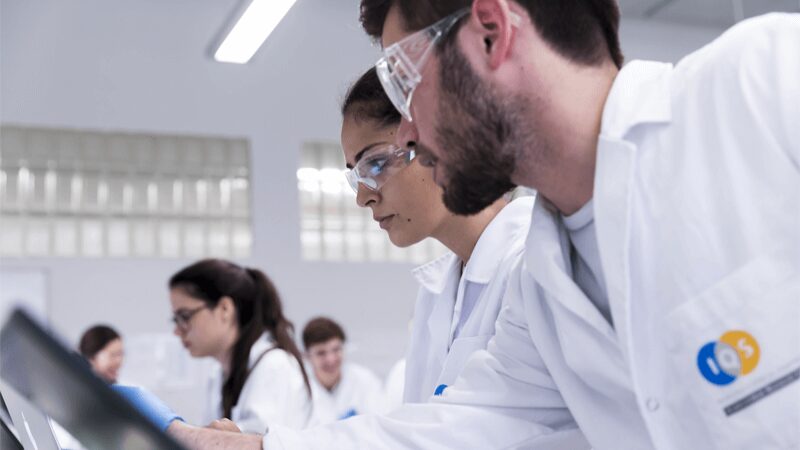
Research Groups
15 Research Groups. TECNIO Accreditation
IQS Tech Transfer tries to respond to the main problems that, at all times, are of concern to the scientific community and the business world.
IQS Tech Transfer, a TECNIO accredited centre (ACCIO, Generalitat de Catalunya) develops and implements Key Enabling Technologies, generating new technology and transferring it to the companies, either by carrying out personalized RDI projects or through the direct application of the technologies developed.
The Research Groups in TechTransfer:
- Give you access to new technologies
- Meet technology needs to help you develop more innovative products or services
- Connect you to new technology partners or suppliers
- Facilitate participation in international RD and innovation programmes
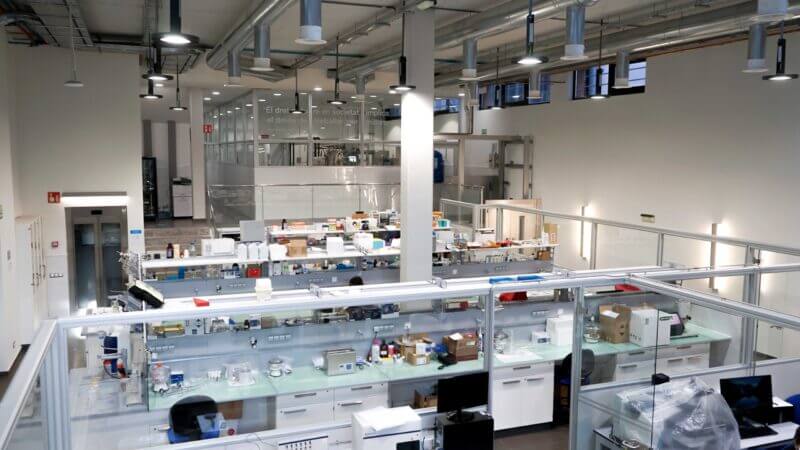
Facilities
Research and technology transfer activities require dedicated spaces. IQS has the infrastructure of scientific and technical facilities and equipment specifically for these purposes, which are kept separate from teaching spaces. We have laboratories, pilot plants, workshops and other work units. Among them, it is worth mentioning the Processes and Integrative Technologies Transfer Centre (CTPTI).
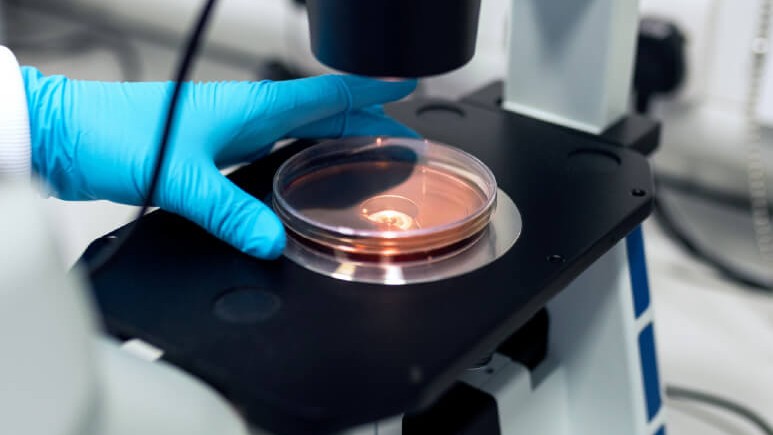
Quality
In order to offer an excellent service to our clients and to establish mechanisms for continuous improvement, we have a quality management system for the assistance and consultancy services provided by IQS.
Our quality policy is based on the commitment of all IQS staff to ensure that their work is carried out correctly and to maintain an alert attitude that allows us to identify quality problems, as well as to recommend, provide and demand solutions.
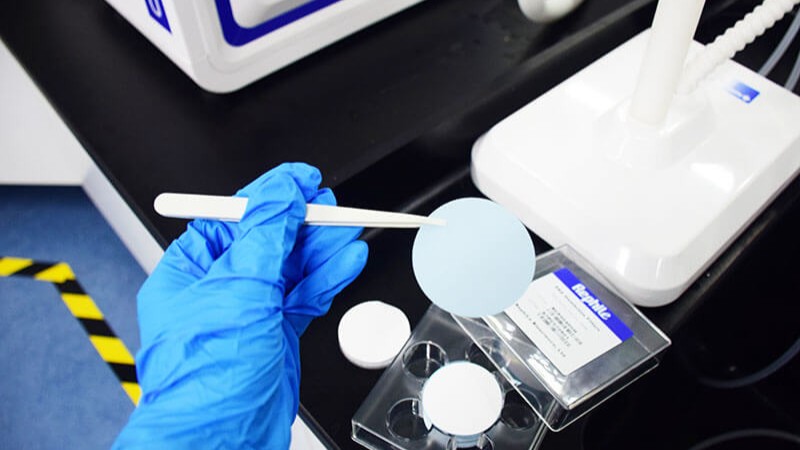
Patents
For the commercialisation of the technology developed internally or in collaboration with other entities, IQS has a strategy of industrial property protection and patent licensing or assignment agreements.
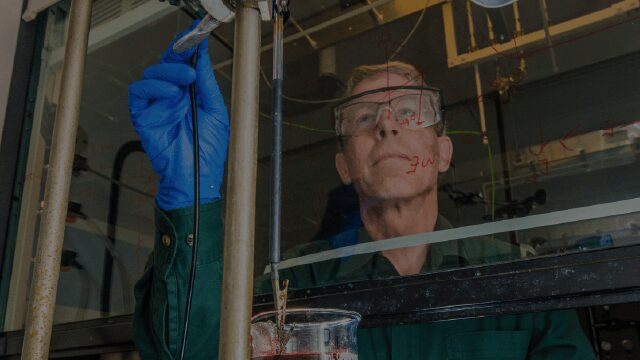
Partners
Collaborations with Companies, Research Centres and Universities
Scientific collaborations play a key role in the innovation process of a university. The main benefit of collaborations is the exchange of knowledge, skills and techniques between partners, and this influx of knowledge contributes to the process of “knowledge accumulation” that leads to economic development and growth.
Not surprisingly, institutions tend to encourage research collaboration between researchers by including it in the funding conditions in an attempt to increase the country’s scientific output. The literature has shown that collaborations, and especially international collaborations, have a positive correlation with the number of publications and the impact of those publications on the scientific community.
Download our Full Catalog
Institutional Relations
Universitat Ramon Llull
IQS is a university centre founded in 1905 by the Compañía de Jesús, a founding member and federated member of the Ramon Llull University in 1991.IQS Tech Factory
To support entrepreneurship and the creation of science and technology-based companies, IQS created the IQS Tech Factory division in 2015.Biblioteca IQS
The IQS library and documentation centre contributes to the training, learning and research processes, providing scientific and technical documentation resources, as well as tools for their identification and access.Contact Us










